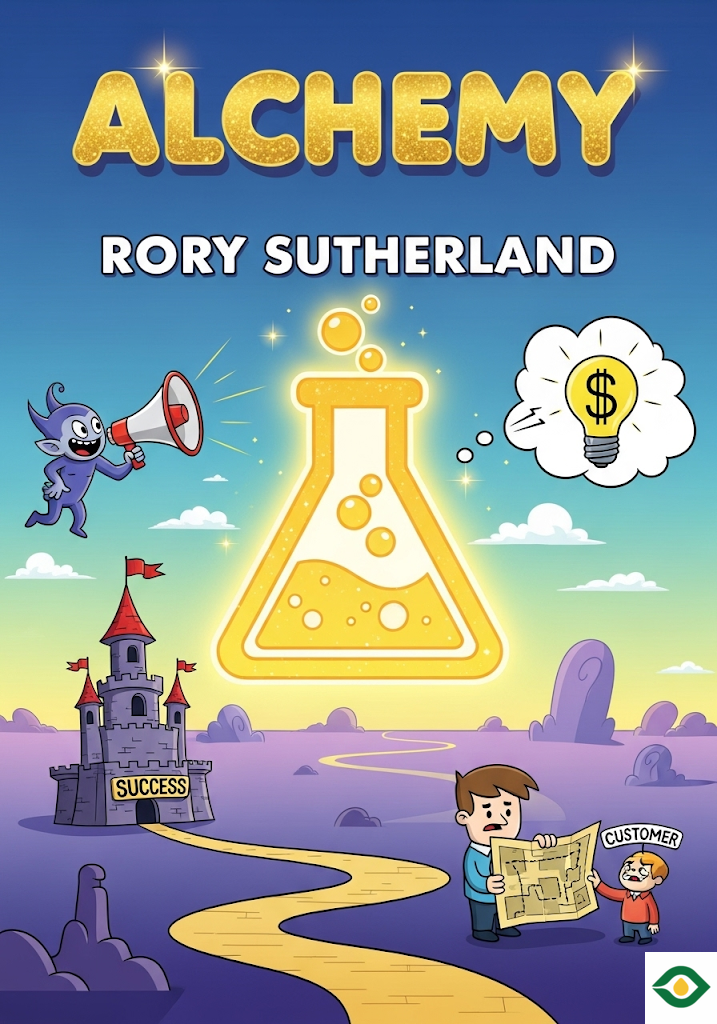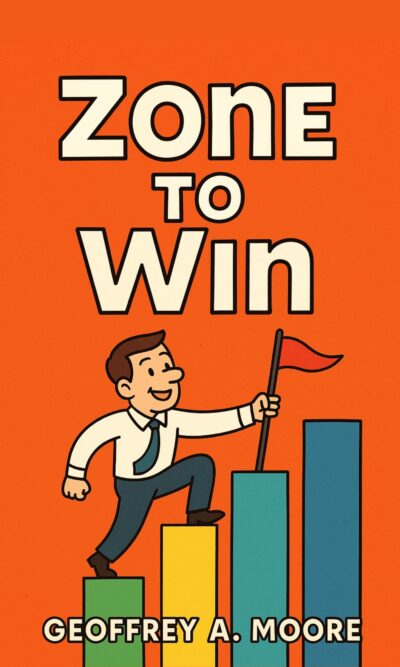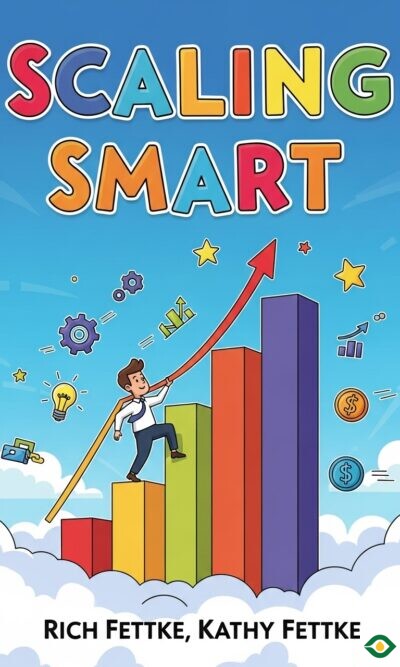Description
Most people believe the world runs best on logic. We build our systems with numbers, charts, and models. Businesses, governments, and even ordinary individuals often rely on rules, formulas, and rational predictions to make decisions. This gives us comfort, as if we have full control over everything. But the truth is, logic alone cannot explain human behavior. People are not machines. We are emotional, unpredictable, and sometimes irrational. This is both our weakness and our strength.
The book Alchemy explores how the most brilliant ideas often come not from strict reason but from creativity, intuition, and illogical thinking. The author suggests that the real magic of problem-solving lies in embracing irrational possibilities. This “alchemy” is about looking at the world differently, testing strange ideas, and noticing hidden details that numbers cannot show.
One clear example of our irrational nature is in consumer behavior. People often make choices that do not make sense if measured only with logic. For instance, many prefer stripy toothpaste even though it does nothing extra for their teeth. The stripes simply look like they provide multiple benefits, so people trust it more. This shows how much design, perception, and psychology influence us in ways that pure reason cannot explain.
Businesses often make the mistake of assuming workers behave like machines. They believe that the more hours someone works, the more productive they will be. But this assumption often fails. In countries like Germany and France, employees get longer paid vacations and yet remain highly productive. Rest and happiness are not inefficiencies; they actually fuel long-term motivation and effectiveness. If companies step outside logical assumptions, they may discover counterintuitive truths that improve performance.
Success is not always about solving big problems with big solutions. Sometimes, small changes have enormous effects. A tiny adjustment to a telemarketing script once doubled sales. A single sentence added to a checkout page helped Best Buy earn millions of dollars because it reassured customers they did not need to register before purchasing. These examples show the butterfly effect: tiny details can change human behavior in powerful ways.
Our perception of reality is never objective. Psychologists have shown that small shifts in design or process can completely change how people feel. Cadbury’s chocolate bar once received complaints that it “tasted different,” even though the recipe was unchanged. The only thing that had been altered was the shape of the pieces. Likewise, when Betty Crocker first released cake mixes, sales were poor because baking felt too easy. Once they added a simple instruction—“add an egg”—sales skyrocketed. The extra step gave bakers a sense of involvement, turning a trivial change into a major success.
These stories reveal that there is no such thing as an “average” consumer. Human beings are too unique and diverse to be reduced to one standard model. The U.S. Air Force once tried to design cockpits for the “average” pilot, only to discover that no one truly fit the average. Real solutions often come from unusual people and unexpected needs. For example, the sandwich was born because the Earl of Sandwich wanted to eat without leaving his card game. His personal eccentric need turned into a global food staple.
The most powerful messages often carry a touch of absurdity. Humans like to think they are rational, but unconscious emotions drive much of our behavior. A penguin-shaped night light once attracted more attention in a promotion than free electricity worth far more. It makes no logical sense, but it worked. That is the nature of alchemy: strange, bold, and sometimes silly ideas can have more impact than reasonable ones.
Nike demonstrated this when it made Colin Kaepernick, a controversial figure, the face of a campaign. Many thought it was a dangerous choice, but it gave Nike a clear identity and message that resonated deeply. Sometimes, embracing risk and controversy creates meaning that safe, logical decisions never could.
Solving human problems requires a mix of perspectives. Just as detectives must explore multiple theories, businesses and leaders must be open to more than one explanation. Focusing only on a single assumption can blind us to the truth. Psychological insights often solve problems more effectively than expensive technical changes. For instance, Uber realized that people disliked the uncertainty of waiting for a car, not the wait itself. By showing drivers on a map, Uber reduced frustration without actually shortening wait times. A small psychological trick solved a big problem.
Many of the world’s greatest discoveries came from accidents or illogical experiments. Penicillin was discovered because of mold. Microwaves came from a melted chocolate bar in a scientist’s pocket. James Dyson revolutionized vacuums by ignoring the assumption that no one wanted a stylish, expensive cleaning machine. His bold approach created a household product people suddenly desired.
Illogical ideas can even solve social issues. One creative example was reducing crime with painted shop shutters. Instead of plain metal, shutters were painted with baby faces. Psychologists suggested that large eyes and childlike features evoke calmness and empathy. The result was fewer break-ins at little cost. This was not a logical solution, but it worked because it appealed to human psychology.
The main lesson of Alchemy is that human problems are not solved by formulas alone. We must allow space for irrationality, creativity, and imagination. Logical thinking builds bridges and machines, but it struggles with the complexity of emotions, perceptions, and behavior. If we rely only on logic, we miss opportunities for breakthroughs. When we embrace nonsense, humor, risk, and odd details, we often stumble upon the most original solutions.
The book encourages us to ask “stupid” questions. Often, the questions that seem silly lead to the smartest answers. If a problem had a purely logical solution, we probably would have already solved it. It is in the space of the illogical that new possibilities are born.
In the end, alchemy is about daring to look at the world differently. It is about giving strange ideas a chance and noticing the invisible forces that shape our choices. Human beings are unpredictable, and that is exactly why our greatest discoveries often come from irrational thinking. Logic alone gives us safety, but alchemy gives us magic.





